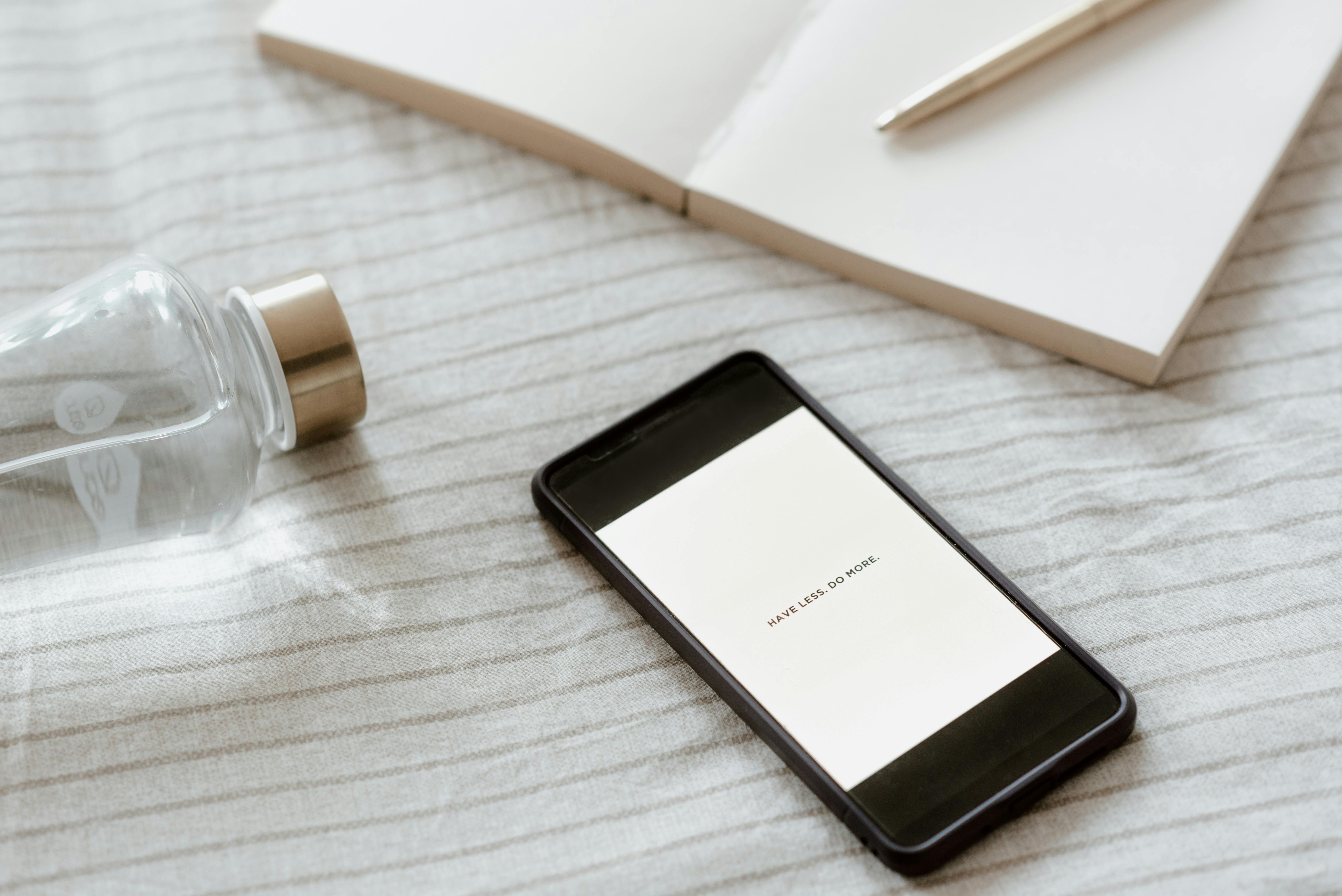If you don’t have access to distilled water, there are still a few options available to you. While distilled water is ideal for certain applications, such as filling batteries, other types of water can be used in a pinch. In this article, you will learn about the different alternatives to distilled water and when it is appropriate to use them.Distilled water and purified water are both types of water that have been processed to remove impurities. However, while the two processes are similar, there are some key differences between them. Distilled water is created by boiling water and then condensing the steam back into a liquid. This process removes dissolved solids, such as salts and minerals, as well as microorganisms from the water. Purified water is created through a variety of processes, including reverse osmosis and filtration. While both processes remove many contaminants from the water, they may not remove all dissolved solids or microorganisms. In addition, purified water may also be treated with chemicals like chlorine or ozone to kill any remaining microorganisms.
Tap Water Quality
Tap water quality can be a major concern when it comes to drinking water. Many cities have water supplies that are contaminated with pollutants, chemicals, or other contaminants. In some cases, the levels of these contaminants can cause health risks if consumed over time.
High Levels of Chlorine or Fluoride
Tap water may also contain high levels of chlorine or fluoride which can have negative effects on health if consumed in large quantities. Chlorine is a chemical used to disinfect the water supply and can cause problems such as skin irritation and allergic reactions. Fluoride is added to many public water supplies to help prevent tooth decay but too much fluoride in the drinking water can lead to bone damage and other health concerns.
Pesticides & Other Contaminants
Tap water may also contain pesticides, pharmaceuticals, heavy metals, and other contaminants that could be harmful if ingested. These contaminants can enter the public water supply through agricultural runoff or industrial waste. The EPA has set limits on these contaminants in drinking water but it is difficult to know
Buy Pre-packaged Distilled Water
Distilled water is a type of pure water that has been purified through a process of distillation. This process involves boiling the water to produce steam, which is then cooled and condensed back into liquid form. The result is pure, clean, and safe drinking water with no harmful contaminants. Many people choose to buy pre-packaged distilled water for convenience and peace of mind. It’s an easy way to ensure that you and your family are getting the highest quality drinking water available.
When shopping for pre-packaged distilled water, it’s important to look for reputable brands with trusted sources. Check the labels on the bottles to make sure they indicate that the water has been distilled and that it meets all federal and state regulations for purity. It’s also important to check the expiration date on the package to make sure it hasn’t expired since distilled water can become unsafe if stored too long or improperly sealed.
Another benefit of buying pre-packaged distilled water is that it’s readily available in many grocery stores, convenience stores, and other retail outlets. You can also purchase larger containers of pre-packaged distilled water from
Identify Sources of Purified/Filtered Water
Finding a reliable source of purified or filtered water is essential for maintaining good health. Tap water can contain many contaminants, and it is often treated with chlorine and other chemicals to make it safe for drinking. Drinking contaminated tap water can lead to a variety of health problems, including gastrointestinal issues, skin rashes, and even cancer. For this reason, it is important to identify sources of purified or filtered water.
One of the most common sources of purified or filtered water is bottled water. Bottled water is regulated by the FDA and must meet certain standards for purity. It can be purchased from most convenience stores, supermarkets, or gas stations. Many people also choose to purchase water filters that attach to their faucets and provide instant access to clean drinking water.
Another popular option is reverse osmosis filtration systems. These systems use a special membrane to filter out impurities such as heavy metals, bacteria, viruses, and other contaminants. These systems are typically installed under the sink and provide a steady stream of clean drinking water on demand.
<
Making Your Own Distilled Water
Distilled water is a type of purified water that has had both impurities and minerals removed. It is different from deionized water, which only has its mineral ions removed. Making your own distilled water is simple and can be done with equipment commonly found in the home. This article will provide you with instructions on how to make your own distilled water at home.
The first step is to gather the equipment that you will need. You will need a large pot, a smaller pot or bowl, an ice pack or ice cubes, and a lid for the large pot. You should also have some clean bottles or jugs to store the distilled water once it has been made.
Once you have all of your equipment gathered, fill the large pot with tap water and place it on the stove over medium-high heat. Place the smaller pot or bowl in the larger pot so that it floats on top of the water but does not touch the bottom of the pot. Put an ice pack or ice cubes in the smaller pot or bowl and place a lid over both pots. As steam begins to

Boiling and Cooling Tap Water for Use in Emergencies
Tap water can be an essential resource during an emergency. Boiling and cooling tap water is a simple process that can help ensure safe drinking water. Boiled water is free of bacteria, viruses, and other contaminants that can cause illness. Additionally, it can be stored for future use if needed. Here are some steps to follow for boiling and cooling tap water for use in emergencies:
Start by bringing the tap water to a full rolling boil in a pot or pan on the stove. Boil it for one minute, stirring occasionally to ensure that all of the water has been heated evenly. Once it has finished boiling, remove the pot from the heat source and let it cool before transferring it to a clean container with a lid.
Once the boiled water has cooled to room temperature or below, cover the container with its lid and store in a cool, dry place. When ready to use, simply pour out what you need and replace the lid tightly on the container. If possible, store your boiled-and-cooled tap water in multiple containers
Alternatives to Distilled Water for Certain Tasks
Using distilled water for certain tasks is often advised, however there are a variety of alternatives that can be used in place of distilled water. Rain water, mineral water, and filtered tap water are all viable alternatives that can be used depending on the purpose.
Rain water can be collected from rooftops or other surfaces and stored in containers for use. While rainwater has a much lower mineral content than tap water, it still contains some minerals which can leave deposits on surfaces when used for cleaning or other tasks. Rainwater can also be used for drinking and cooking, however it may have a distinctive taste due to the minerals present.
Mineral water is bottled spring or well-water that has been de-gassed and disinfected. Mineral waters contain a variety of minerals such as calcium, magnesium, potassium, and sodium which make it ideal for drinking and cooking. It has a much higher mineral content than rainwater but is still suitable for cleaning purposes as long as the mineral content is not too high.
Filtered tap water is another viable alternative to distilled water for certain tasks. Filters remove some of the
Knowing When to Contact a Professional for Help
If you are facing a problem or issue that you can’t seem to resolve, it may be time to contact a professional for help. Professional help can come in many forms, from medical professionals to counselors and therapists, and even financial advisors. There are many different types of professionals who can provide assistance when needed. Knowing when to reach out and contact one of these professionals can help you get the support you need to overcome your struggles and move forward.
When considering whether or not to hire a professional for help, it is important to consider the severity of the issue that you are facing. If your problem is serious and is affecting your day-to-day life in a negative way, then it might be best to seek professional help. It is also important to consider if the problem is something that you feel comfortable dealing with on your own or if it requires specialized knowledge or experience that only a professional can provide. Additionally, if the issue has been ongoing for some time without any improvement, then seeking out professional help may be the best solution.
It is also important to recognize that there are different types

Conclusion
If you don’t have distilled water, there are a few alternative options to choose from. Boiling water is the most common and affordable way to make water safe for consumption. You can also purchase bottled water, use filtered water, or purchase a home filtration system. Each of these options will provide clean and safe drinking water.
It is important to remember that all sources of drinking water should be regularly tested for contaminants and minerals. Regular testing will ensure that you are providing yourself and your family with the best quality of drinking water possible.
In conclusion, there are several ways to obtain clean and safe drinking water if you don’t have access to distilled water. With careful consideration, research, and preparation, you can ensure that your family has clean and safe drinking water at all times.

